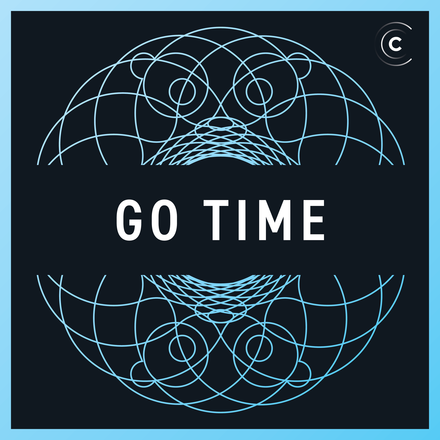Introducing your team to Go
Can’t find a job working in Go? Perhaps introducing your current team to Go is the solution. In this episode we talk about how Go was introduced at different organizations, potential pitfalls that may sabotage your efforts, some advice on how to convince your team and CTO to use Go and more.

